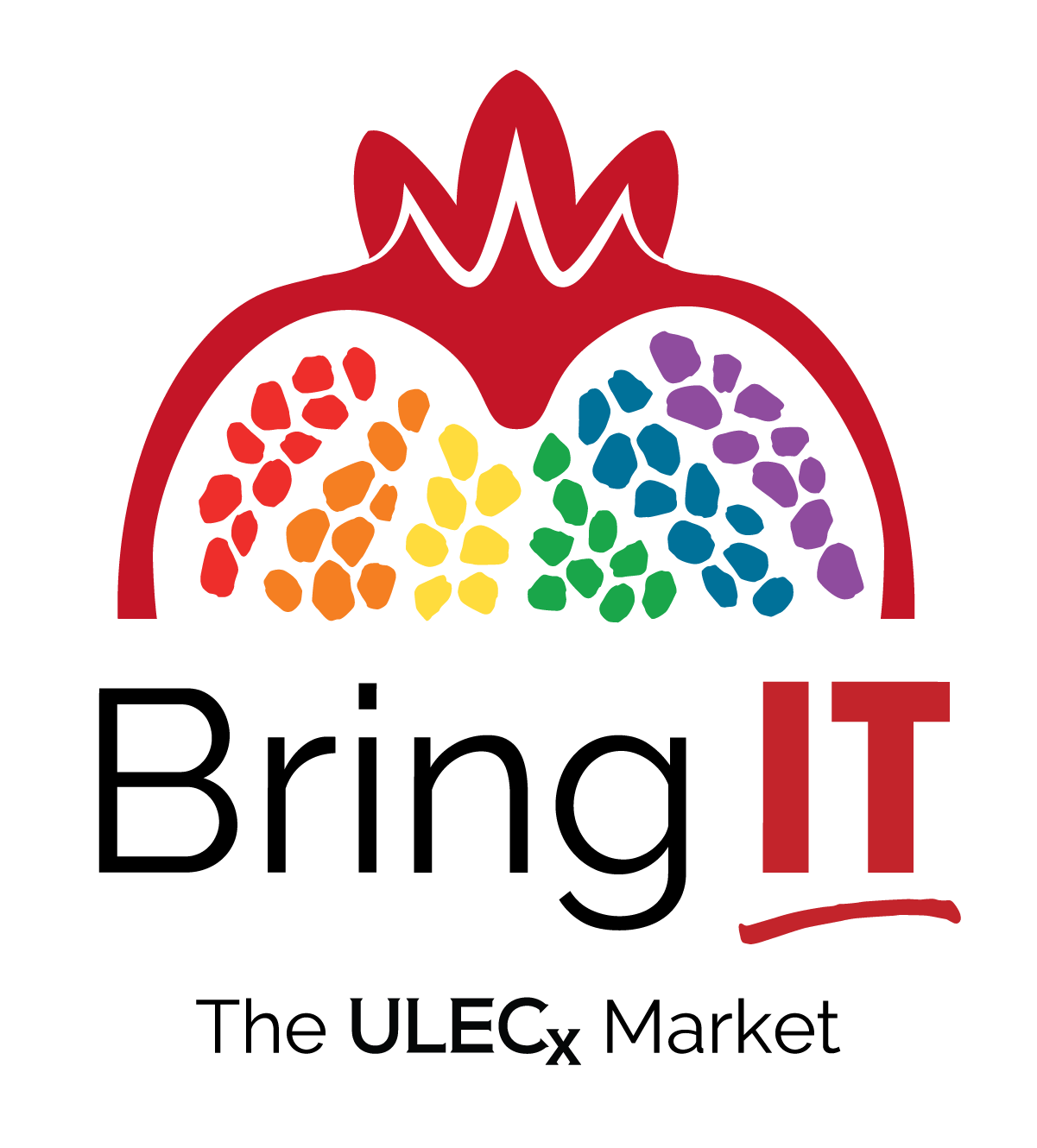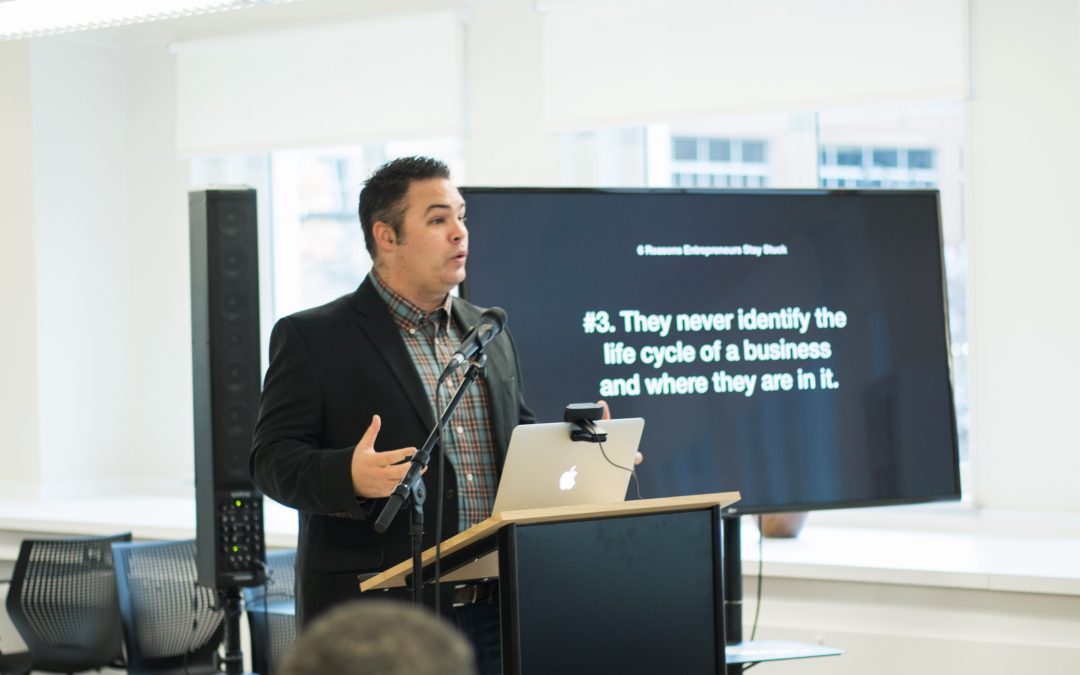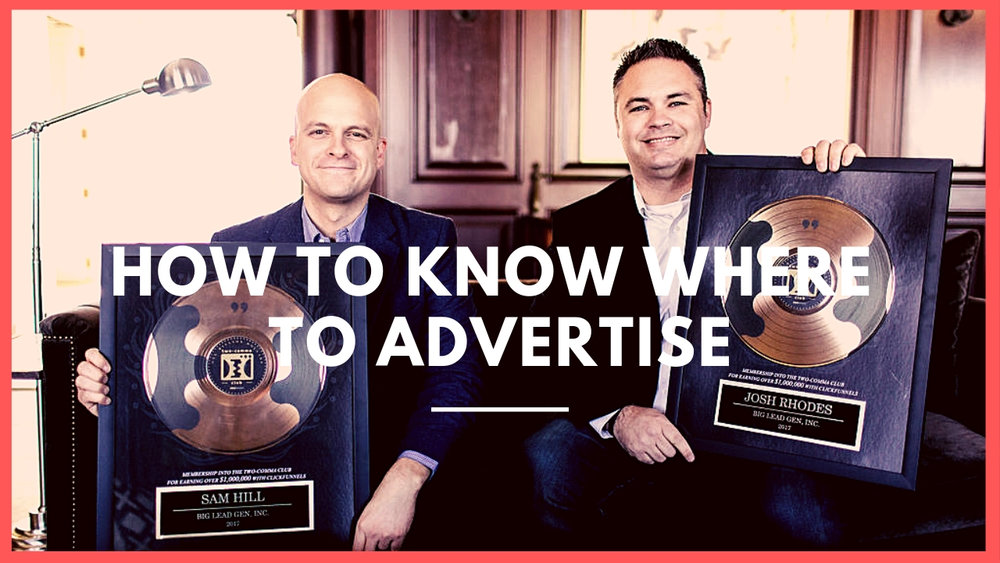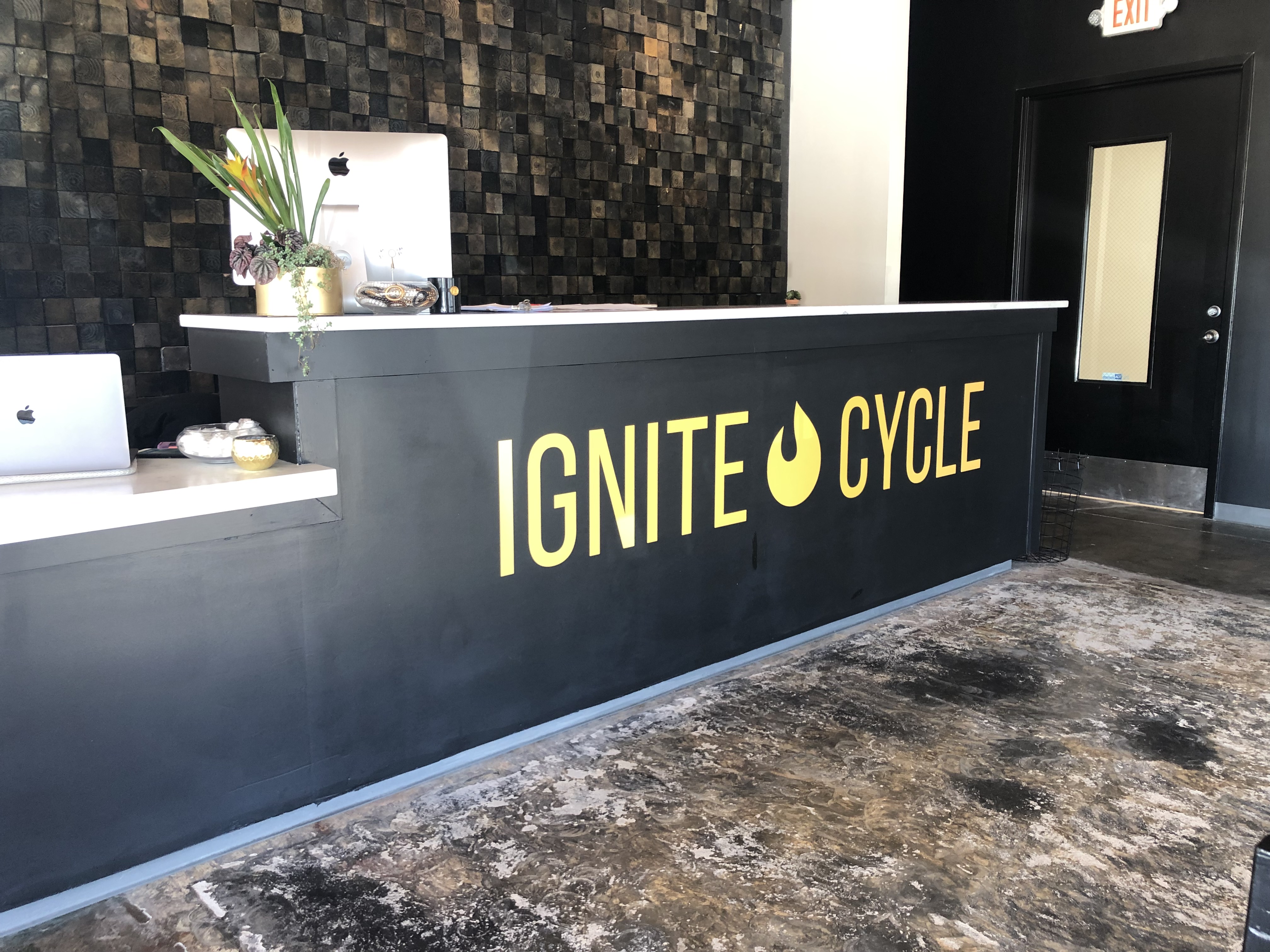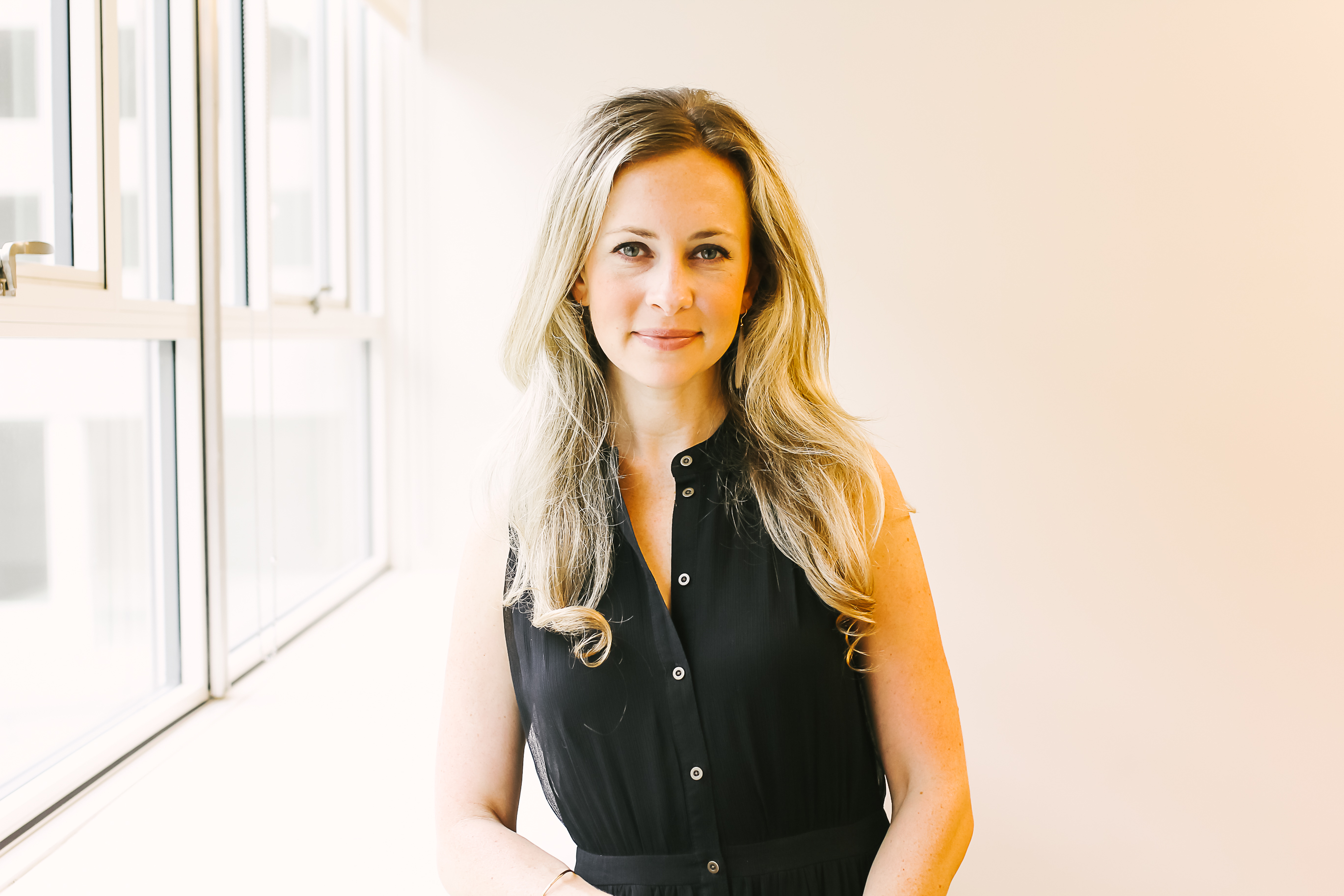
5 of the Best Ways to Fund Your Startup
Our friends at LUCA wrote this blog post that we found so helpful! We’re sharing it here but you can find the original post on the LUCA site. Thank you to Christian Leithart for this valuable info!
Everybody has a good idea. The hard part is making it happen.
Roadblocks spring up at every turn. You need energy. You need support. You need time. And these aren’t even the most crucial ingredients for a newly hatched startup. Even with all the energy, support, and time in the world, you won’t get very far without the green blood that flows through every venture’s veins: money.
In this article, we explain five common ways startups get funding. We break down each type of funding into a few likely sources, along with the pros and cons of each.
1. Bootstrapping
Self-funding
Some people pool their savings in order to get their businesses off the ground. In the best case scenario, the company takes off and the “loan” is paid back quickly. This can be a risky move, since it might involve using your kids’ college fund to buy a used car wash, but it can also be profitable, since it ensures that the founder retains total ownership. It also passes the “skin in the game” test.
If this is your approach, it’s a good idea to pick a target company size for withdrawing your investment. It can be risky to keep a lot of your own money tied up in your business for a long time. Having a goal to work toward will help you stay alert and manage your investment well.
Family & friends
Some people pool not only their own savings, but everything they can get from their friends, relatives, neighbors, Uber drivers, and Amazon delivery people. Again, this can be a good approach because it keeps things personal, not strictly business (no offense, Don Corleone), which means that you are more heavily involved in the company. As we said, it’s good to have a little skin in the game.
Customers
Under certain circumstances, you can rely on your customers to fund your startup. This can work two ways. You could either create a subscription payment structure in which your customers pay monthly or annually or you could ask your customers to pay more for a new feature. Many software companies are good examples of the former (Netflix, Amazon, etc.). Apple’s yearly release of a shiny new iPhone is a good example of the latter. Customers are willing to pay extra for new features, which helps Apple develop their product’s next iteration.
Of course, both approaches presuppose a paying customer base. If you’re still revving the engine on your startup, this is not the best approach for you.
2. Loans
Bank loan/SBIC
Most banks will not loan money to a business unless that business has assets that the bank can use as collateral. You can sometimes get around this by putting up your personal assets (such as your house) as a guarantee. But there are other, less risky ways. The Small Business Administration (SBA), a federal program, can be a worthwhile approach. The SBA sponsors private equity fund managers, called Small Business Investment Companies (SBICs), who use their own funds, plus some government money, to invest in small businesses that meet their qualifications. Learn more about SBICs here.
Microloans
A startup can also gain funding through microloans, which are relatively small loans (think tens of thousands of dollars) usually offered to small business owners by non-profit organizations. The SBA has a description of microloan programs and a list of local lenders here.
Credit cards
As a last resort, you can put the expenses of starting up your business on a credit card (or several). You should be careful with this approach, since there are credit card companies who love to apply the screws to customers who can’t pay up. Hence, a last resort.
3. Grants
Government grants
The feds have a whole system for granting funds to programs and projects that benefit the general public. These typically fall into the following categories: other government organizations, education, public housing, non-profits, and some for-profit companies. The first step in the grant process is checking whether your organization is even eligible for a government grant. Next, find the grant you would like to apply for, fill out an application, and cross your fingers. If you do receive the grant, you will occasionally need to report on your organization’s progress. That may all sound like a lot of paperwork, and it is. This is a good approach if you are running an organization that is involved with some form of public welfare. For startups looking to make a profit, this is usually not the best approach.
Incubators/accelerators
Incubators and accelerators are programs, usually sponsored by universities or other social do-gooders, that take startups under their wings, giving them industry advice, training, and sometimes workspace and funding. A huge plus of this approach is that many incubators and accelerators work with local businesses, so you aren’t competing nationally for a limited number of spots. Also, a local connection may help the business relationship bear more fruit in the long term. Here is a helpful guide on how to prepare for an accelerator program.
Prizes
Every year there are dozens of competitions where entrepreneurs present their ideas for a chance at winning a grand prize. Shark Tank is probably what first comes to mind, but most of the contests are a lot less like reality TV, meaning they reward preparation and intelligence over flashy ideas. Here’s a list of business plan competitions happening in 2019.
The main benefit is that the cash you get from a prize isn’t a loan – you don’t have to pay it back. In that way, it functions more like a grant. You may have to do some serious legwork beforehand if you want a chance at winning, but if you can pull it off, it’s a great way to get some funding.
4. Investors
Venture Capitalists
Venture capitalists, aka VCs, are individuals or groups who specialize in funding startups, often to the tune of millions of dollars. Getting venture capital is a huge step up for many small business owners. It forces you to mature – quickly – because the train is leaving the station.
VCs usually bring enormous amounts of money with them, so they carry a lot of weight in any business they choose to involve themselves in. In extreme cases, a VC can even fire the founder of the company. Make sure that you understand the VCs goals and expectations for the business before accepting their funding.
Angel Investors
The main difference between angel investors and VCs is that they usually arrive at different stages in the startup process. A VC may take a profitable company and inject some cash to help it become more profitable. An angel typically comes aboard at an earlier stage, often guiding the financial decision-making.
You’ll hear this a lot: do your homework first. If you plan to court an angel investor, make sure you dot your legal I’s and cross your financial T’s. Also, in a perfect world, you would establish a firm friendship with an angel before asking them for money. That personal connection goes a long way.
Crowdfunding
Crowdfunding has become increasingly common in the last five years or so, thanks to sites like Kickstarter and GoFundMe. In case you need a refresher, it works like this: individual customers give you small donations in exchange for prizes, which can be anything from a branded refrigerator magnet to a personal invitation to a fancy restaurant. Crowdfunding has seen some success stories (Oculus Rift) and some flat-out failures.
The government has recently passed some laws related to crowdfunding (the 2012 JOBS act). Prior to 2012, a startup could not offer equity in the company as a reward for crowdfunding without making a full-on public offering. Thanks to the JOBS act, a company can raise up to $1 million through crowdfunding in exchange for equity without going public.
One way to avoid the pitfalls of crowdfunding is to give your contributors the product you’re creating in exchange for their support. In that case, you are essentially pre-selling your product to customers who have asked for it. Take a look at this article for more information on learning the crowd fundamentals.
5. Partnerships
License with a company
Not all businesses have to strike out on their own. Your company may create a product or provide a service that fits into an existing slot in another company’s product or service. For example, say you invent a paint brush that won’t dry hard and crusty no matter how much paint you leave on it. (Don’t ask how. If I knew, I’d already be a millionaire.) You could offer your product to Sherwin Williams or Home Depot to sell alongside their other painting supplies. You gain a larger market and a more secure customer base. And, of course, some percentage of the sales.
For a startup, a licensing deal would probably involve some initial funding to help you manufacture your product at the necessary scale. Still, a leg up is better than no legs at all.
Team up with one major customer
A similar strategy is to find one major customer committed to buying a certain quantity of your product (or paying for a certain quantity of services). It’s easier to see how this looks in an agricultural situation. Some restaurants buy meat from local farmers. Those farmers raise livestock knowing that they are guaranteed a buyer. Conceivably, the restaurant could pay the farmer ahead of time, thereby defraying the initial investment of buying an animal.
The possible downside to an arrangement like this is that, because you only have one customer, you are beholden to their whims. If they ask you to make changes in your production process, you have to comply. They may even ask you to give them exclusive rights to your product. It could be a great relationship, but it’s worth keeping an eye on.
Barter
We don’t do a lot of bartering in our day-to-day transactions, but in the world of startups, it’s a lot less uncommon. The trick is to get the “I’ll give you a cow for two bags of corn” picture out of your mind. Instead, think of situations like this: your window-washing business operates out of another company’s office and, in exchange, you wash the office windows once a week. Obviously, this is not a way to get funding directly, but it can definitely save costs. You can put your dollars to other uses.
How do I choose?
Which approach is right for your startup? The answer partly depends on your level of preparation. If you have some funds already, the best next step is probably a VC or angel investor. If you are starting from flat zero, you may want to bootstrap for a while until your company starts to gain some traction.
Ultimately, these approaches are not one-size-fits-all. Your startup may go through three or four of these funding sources in its lifecycle. The keys are organization and clarifying your goals before you begin. After all, if you don’t know where you’re headed, you won’t ever know when you’ve arrived.







